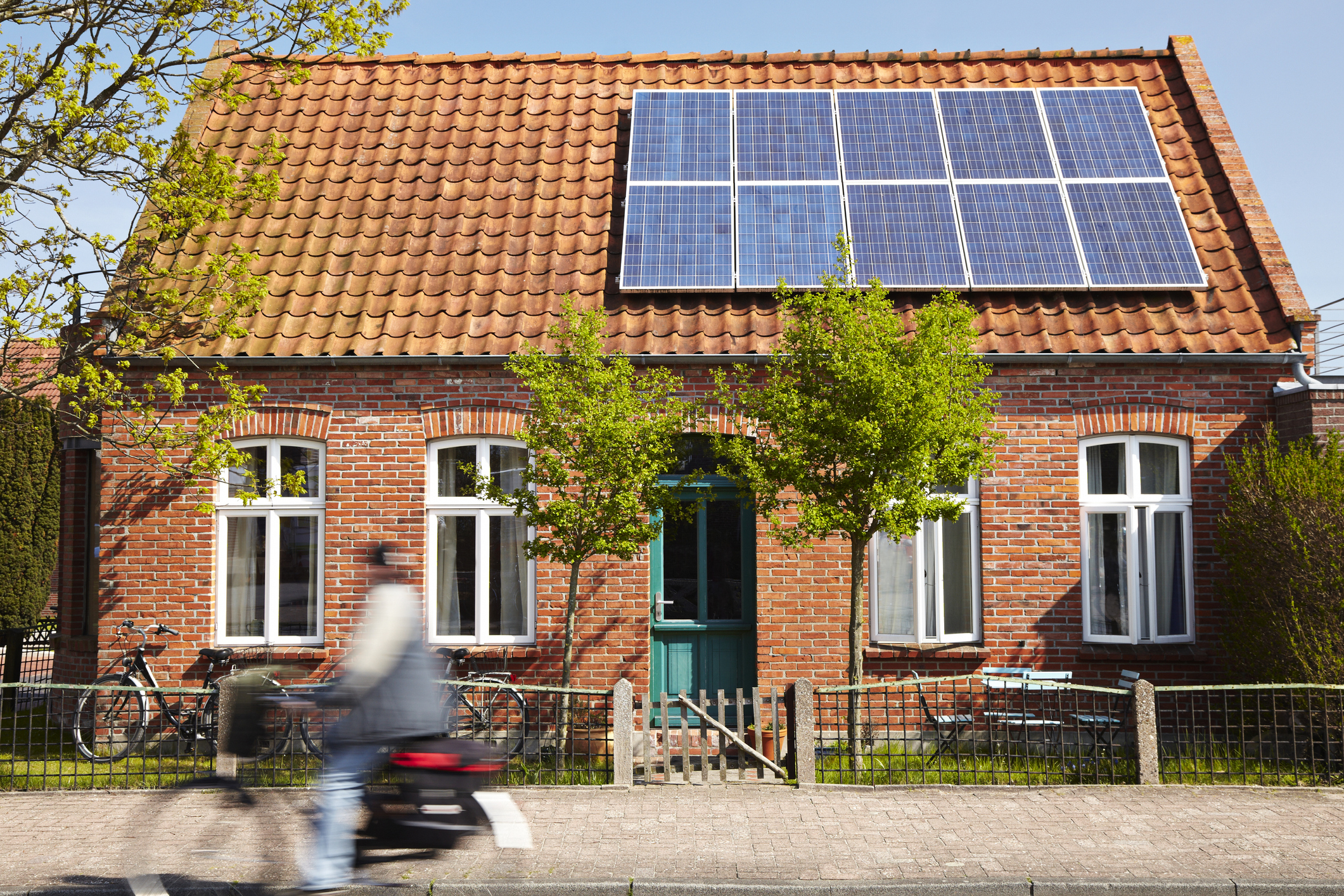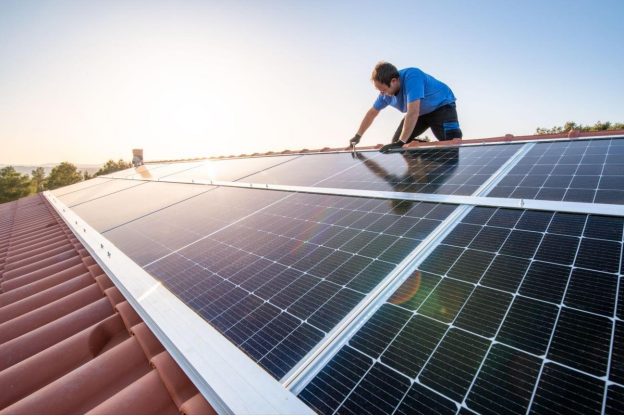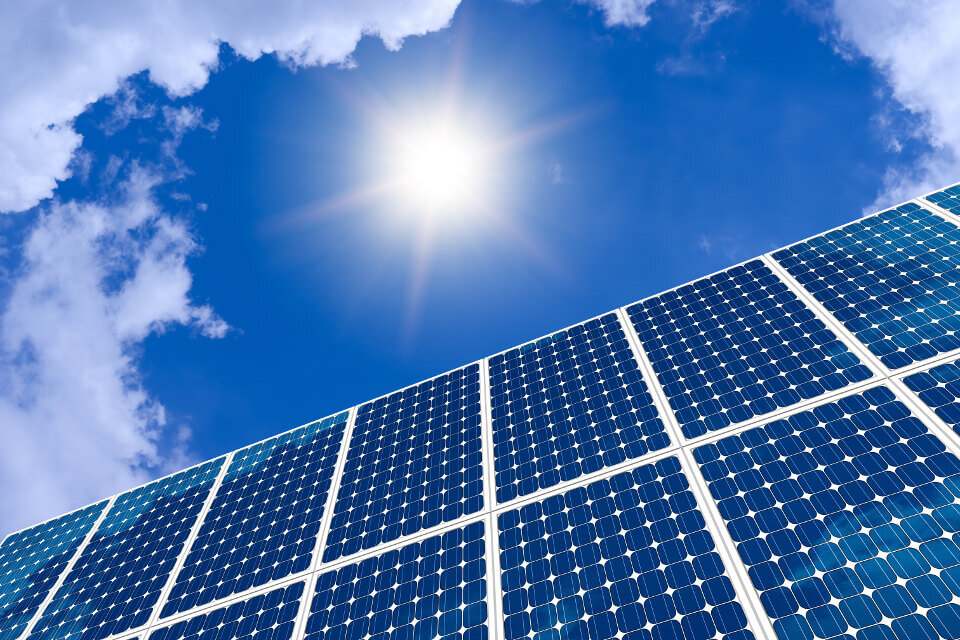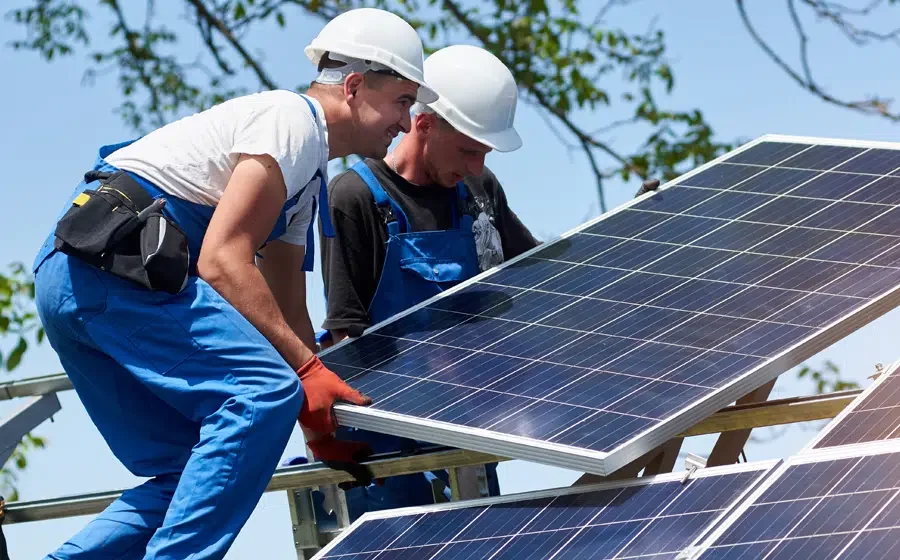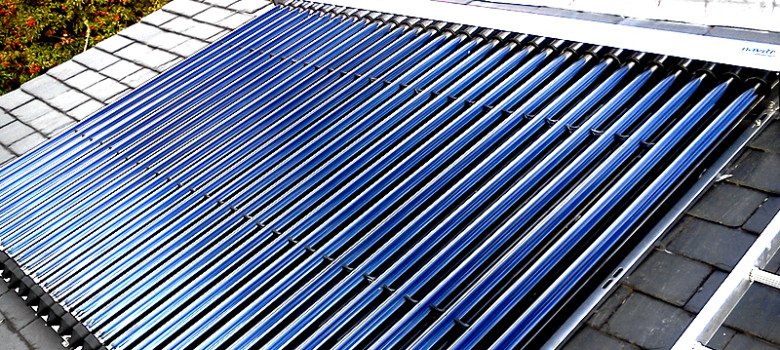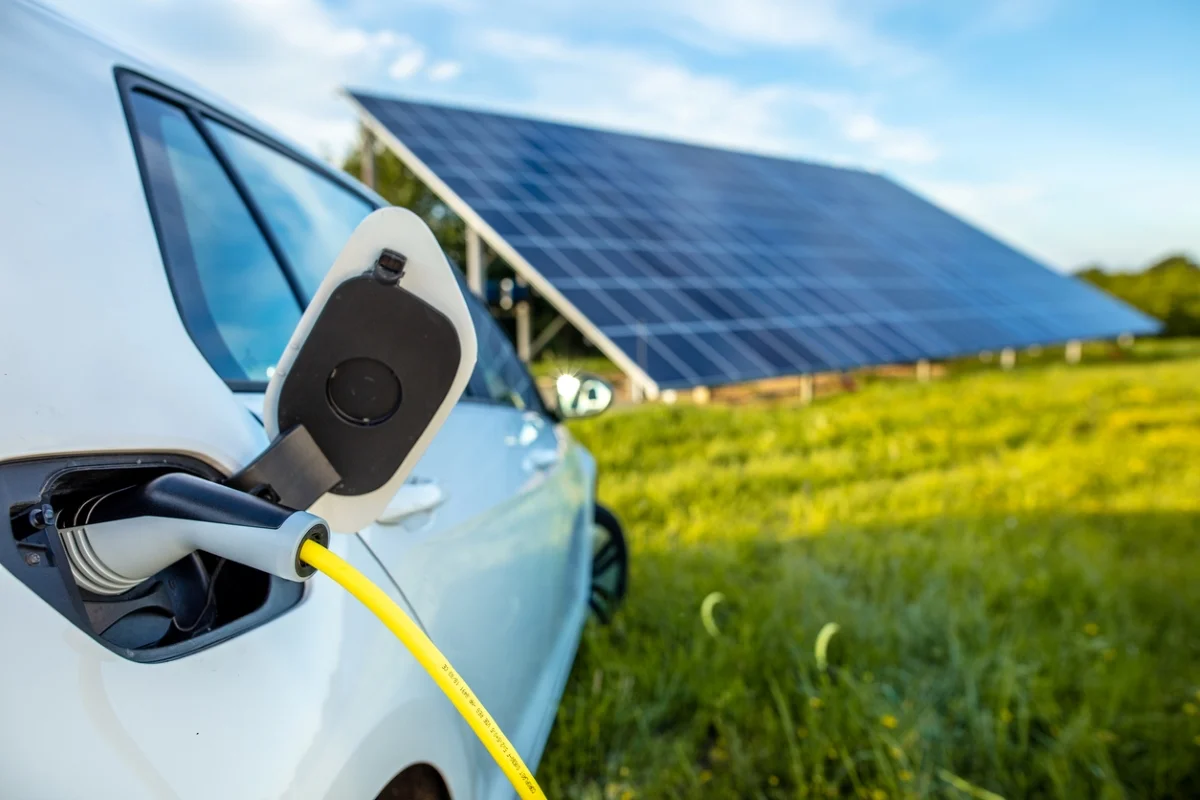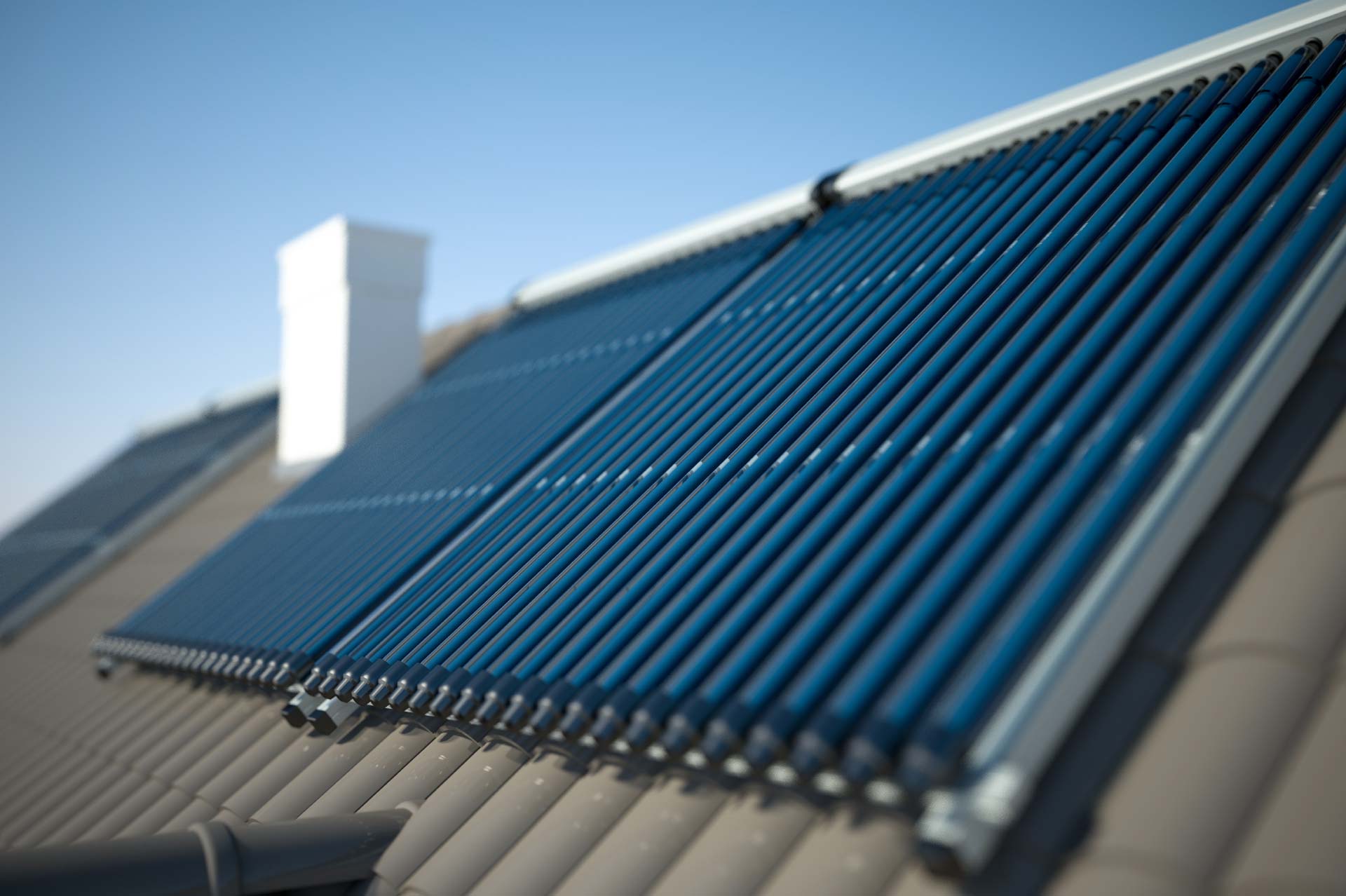- Hybrid solar panels use the sun’s light and warmth to create electricity and heat
- They can generate over 3x more electricity and heat than regular solar panels
- Like any type solar panel, hybrid solar panels are a long term investment
Hybrid solar panels, also known as solar PV-T, have experienced notable advancements in recent years. By capturing both sunlight and heat, these panels offer an environmentally friendly and cost-effective means of providing energy and warmth to your home. While they have evolved significantly, hybrid solar panels remain a specialized product, continually improving in terms of available features. The following is our comprehensive guide to assist you in understanding the possibilities and crucial factors to consider when contemplating the installation of hybrid solar panels in your home.
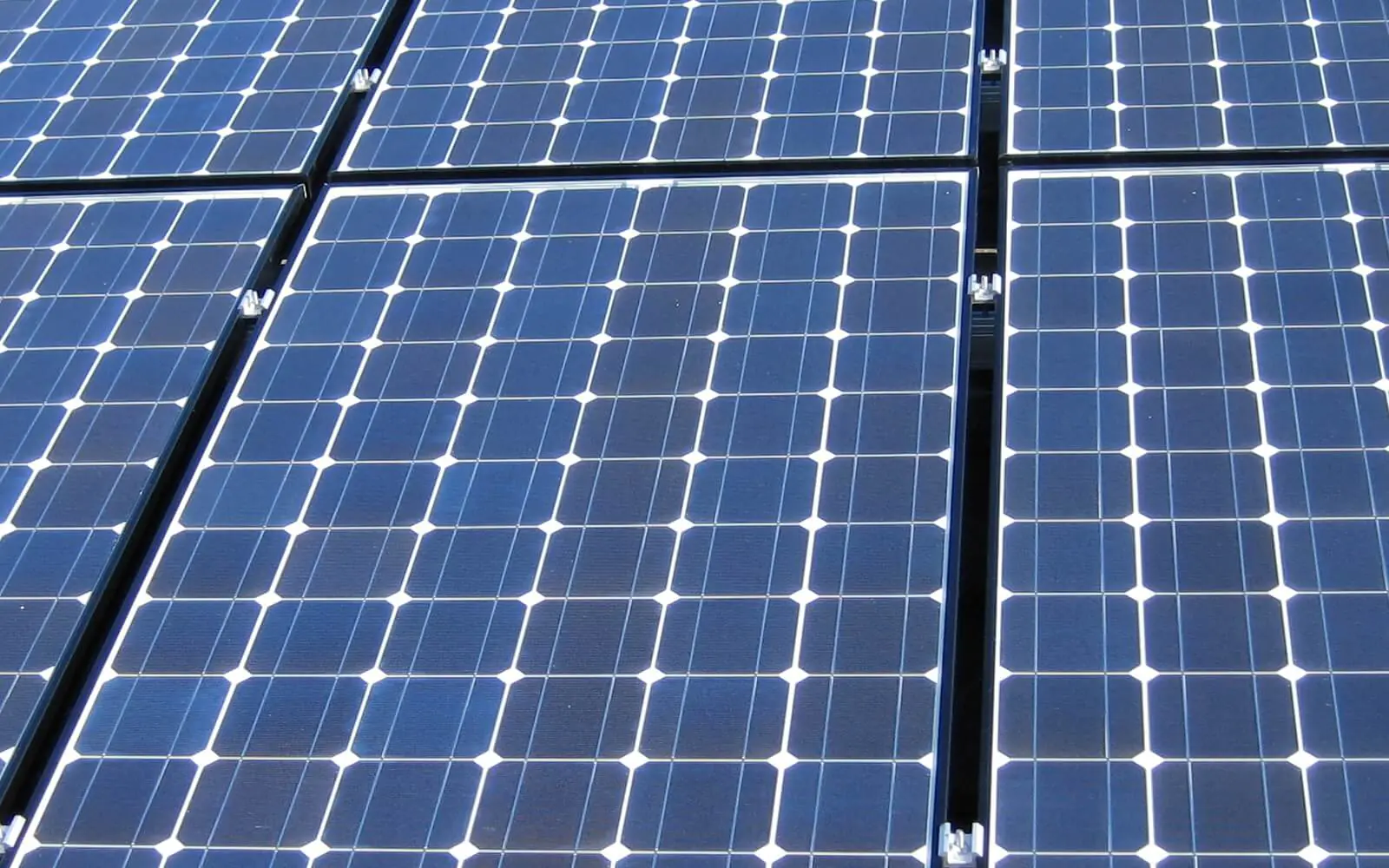
What's on this page?
What exactly are hybrid solar panels?
Hybrid solar panels, also known as solar PV-T or solar photovoltaic-thermal panels, are engineered to concurrently generate electricity and heat by harnessing both solar energy and warmth from the sun.
The significance of these panels lies in their capacity to produce both electrical power and heat, offering the added benefit of hot water generation.
It’s noteworthy that a search for ‘hybrid solar panels’ might lead to confusion, as the term is often used interchangeably with ‘hybrid solar systems.’
However, it is crucial to distinguish between the two. Hybrid solar systems, in contrast, refer to solar setups that remain connected to the national electric grid, ensuring emergency backup capabilities.
How do hybrid solar panels work?
As a hybrid solar panel absorbs sunlight, it adeptly captures two crucial elements: heat and light.
This capability is inherent in solar PV-T panels, thanks to their composition featuring two distinct components: a photovoltaic element, responsible for light absorption, and a solar thermal component, designed to capture the sun’s heat.
Beyond their dual functionality, hybrid solar panels confer an additional benefit by increasing electrical output and improving overall efficiency.
This advantage addresses a recognized issue wherein solar panels may encounter reduced efficiency in high temperatures. Integrating the thermal or water element alongside the solar panel effectively serves to cool it down, mitigating this efficiency challenge.
.
This is an area of rapid development, so improvements are being made all the time, but research published in 2021 found that power output increased by 19% and efficiency improved by 17%.
What are the benefits of hybrid solar panels?
- Enhanced Output Efficiency
- Space-Efficient – Performs Two Functions with a Single Panel
- Low Maintenance Requirements
- Extended Lifespan in Comparison to Standard Solar Panels
- Versatile Application in Both Commercial and Residential Environments
- Reduced Environmental Impact
The primary advantage of integrating solar photovoltaic and solar thermal technologies is evident in space efficiency. Opting for a hybrid system eliminates the need for separately installing photovoltaic and solar thermal panels, requiring just one panel. This consolidation is particularly advantageous for those with limited roof space, maximizing the use of available area.
Additionally, the cooling effect on the solar panel is likely to contribute to its extended lifespan.
How much do hybrid solar panels cost?
| Property size | Two-bedroom house | Three-bedroom house | Four-bedroom house |
|---|---|---|---|
| Annual electricity usage | 1,800 kWh | 2,900 kWh | 4,300 kWh |
| Estimated number of hybrid solar panels* | 2 | 3 | 4 |
| Estimated hybrid solar panel cost** | £3,144 | £4,716 | £6,288 |
*Please be aware that the quantity and cost of panels required will vary depending on the type and manufacturer of hybrid solar panels chosen. The specified number of panels and estimated costs are based on Abora Solar’s claim of its panels being four times more effective, and general industry observations suggesting that hybrid solar panels are double the cost of standard solar panels. These estimates are not rooted in the manufacturers’ advertised costs, which might be higher due to the intricate elements involved in panel quoting.
**The provided prices are derived from Microgeneration Certification Scheme (MCS) cost data (March 2023), the average electricity price (July-September 2023), and Ofgem’s latest typical domestic consumption values (2021). Total costs may escalate with more intricate installations. The outlined estimates exclude the expense of a solar battery.
Hybrid solar panels typically come at twice the cost of traditional solar panels. This price disparity is primarily due to their status as a relatively specialized product, resulting in notable cost variations based on the specific model chosen. Furthermore, the installation process demands a specialized skill set, potentially involving travel costs for the installer, which should be factored into overall pricing considerations.
Do hybrid solar panels contribute to reducing energy bills?
Hybrid solar panels represent a newer and specialized solar panel type, and there is limited research on their potential cost-saving benefits. However, considering that standard solar panels are expected to cut energy bills by 64%, and recognizing that solar PV-T panels are believed to be up to four times more efficient, as previously mentioned, the potential savings logically increase. The increased efficiency of hybrid solar panels implies that fewer panels may be needed.
The other thing to factor in is heating: in colder climates, like Europe, an estimated 52 percent of energy spend goes on heating. While solar thermal heating won’t be able to meet all of your demand in winter, it will bring additional savings.
Is your home suitable for hybrid solar panels?
A key consideration for homeowners contemplating the adoption of hybrid solar panels typically revolves around the available roof space. If the objective is to obtain both energy and heating, choosing hybrid solar panels provides the benefit of integrating two functionalities within a single panel.
Another vital aspect to consider is the weight of the panels. Certain hybrid panels can weigh up to 35 kilograms, in contrast to the average weight of a typical solar panel, which is approximately 18 kilograms. Therefore, it is imperative to evaluate the structural strength of your roof before proceeding.
Nevertheless, some considerations align with those applicable to traditional solar panels: south-facing roofs are optimal, and ideally, the panel orientation should be around 35-45 degrees. Additionally, minimizing shade coverage remains crucial for ensuring efficient operation.
How many hybrid solar panels do you need?
Calculate the number of hybrid solar panels you need using the same method applied for standard solar panels:
1. Assess your annual energy consumption from your monthly electricity bills.
2. Determine the kilowatt-hour (kWh) production of your specific hybrid solar panel (varies based on the panel’s make).
3. Divide your yearly energy consumption by the panel’s kWh output.
4. Validate the results by considering the available roof space and its orientation.
Additionally, it’s advisable to consult the panel manufacturer for confirmation of your calculations. In case of uncertainty, err on the side of caution and slightly overestimate your annual energy consumption.
How are hybrid solar panels installed?
Just like standard solar panels, solar PV-T panels can be either mounted on your roof or seamlessly integrated into its structure.
The ease of placement and installation largely hinges on the particular brand of solar PV-T panels chosen. Ideally, these panels are designed to be sleek, compact, and suitable for installation in smaller roof spaces.
However, it’s worth noting that the installation process for many solar PV-T panels can be more intricate compared to traditional solar or solar thermal panels. Consequently, seeking the expertise of a specialized installer is recommended.
Given the relatively recent emergence of this technology, finding a specialist in the field may pose a greater challenge.
Do you need planning permission for hybrid solar panels?
Ordinarily, solar PV-T panels fall within the same category as standard solar panels and fall under the classification of ‘permitted development,’ eliminating the need for planning permission.
However, specific exceptions apply. In instances where your property is listed, situated in a conservation area, or falls within a wildlife-protected zone, seeking permission may be a requisite.
If there is any doubt about your property falling into these categories, we strongly recommend consulting your local council’s planning department before proceeding with the installation.
Are hybrid solar panels worth it?
Adopting hybrid solar panels provides an excellent chance to diminish both your carbon footprint and energy costs, presenting unique benefits compared to relying solely on solar or solar thermal panels.
However, being a specialized product, the extensive array of options makes it challenging to provide general guidelines on selecting the most suitable one for your needs. Additionally, the available models may come with a relatively higher cost and necessitate more intricate installation.
Much like solar panels, hybrid solar panels involve a long-term investment.
Get FREE Solar Quotes
Find out how much a solar solution would cost you
Complete A Short Form – Receive Free Quotes – Compare & Save
Get FREE Solar Quotes
Find out how much a solar solution would cost you
Complete A Short Form – Receive Free Quotes – Compare & Save

